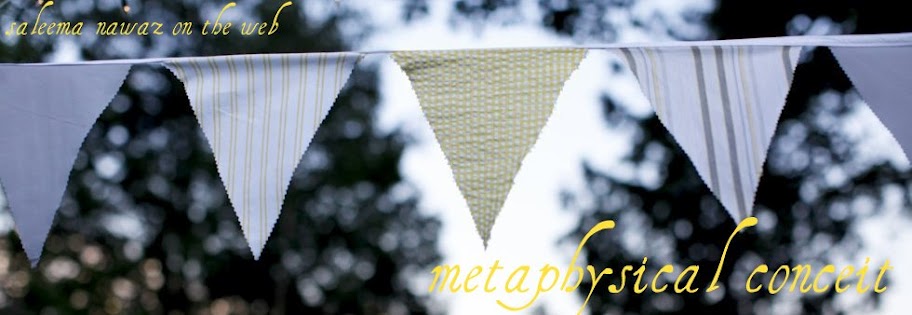One of my favourite things about the new thing I’ve been writing is that it has a discernible topic. When somebody asks what it’s about, I can (and do) say, “The death penalty.” How simple is that? No attempt to penetrate arcane family drama or mumbling, “Uh, it’s about this family, uh, these sisters.” (Yes, that’s the current novel. I will figure out how to talk about that one at some point.) Of course, it’s not really about the death penalty so much as it is about a particular set of characters and circumstances…
…But I’m so pleased about this short-form response. Not only has it saved me some embarrassment, it has also allowed me to talk about it in such a way that I can actually receive useful contacts and information! I mentioned it to another writer when I was at Yaddo, and he immediately encouraged me to get in touch with the Innocence Project. I had also mentioned it in passing to another friend of mine, M., who yesterday sent me some emails about Prisoners’ Justice Day, which just happens to be today.
Since most of my research into prisons has been U.S.-based because of the death penalty angle, I haven’t been as frequent a visitor at prisonjustice.ca as I might otherwise have been. Here is the mandate behind Prisoners’ Justice Day:
...August 10, the day prisoners have set aside as a day to fast and refuse to work in a show of solidarity to remember those who have died unnecessarily -- victims of murder, suicide and neglect.
...the day when organizations and individuals in the community hold demonstrations, vigils, worship services and other events in common resistance with prisoners.
...the day to raise issue with the fact that a very high rate of women are in prison for protecting themselves against their abusers. This makes it obvious that the legal system does not protect women who suffer violence at the hands of their partners.
...is the day to remember that there are a disproportionate number of Natives, African-Canadians and other minorities and marginalized people in prisons. Prisons are the ultimate form of oppression against struggles of recognition and self-determination.
...the day to raise public awareness of the demands made by prisoners to change the criminal justice system and the brutal and inhumane conditions that lead to so many prison deaths.
...the day to oppose prison violence, police violence, and violence against women and children.
...the day to publicize that, in their fight for freedom and equality, the actions of many political prisoners have been criminalized by government. As a result, there are false claims that there are no political prisoners in north american prisons.
...the day to raise public awareness of the economic and social costs of a system of criminal justice which punishes for revenge. If there is ever to be social justice, it will only come about using a model of healing justice, connecting people to the crimes and helping offenders take responsibility for their actions.
...the day to renew the struggle for HIV/AIDS education, prevention and treatment in prison.
...the day to remind people that the criminal justice system and the psychiatric system are mutually reinforcing methods that the state uses to control human beings. There is a lot of brutality by staff committed in the name of treatment. Moreover, many deaths in the psych-prisons remain uninvestigated.

2 comments:
Sorry, Saleema, that I didn't even ask what the novel is about. It seems such a... delicate question.
Nice that you tell us! Interesting, yeah.
xxAlice
Nobody ever needs to apologize for not asking!! Half the time, yeah, who wants to answer?
Post a Comment